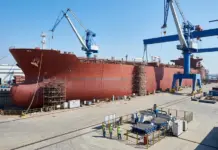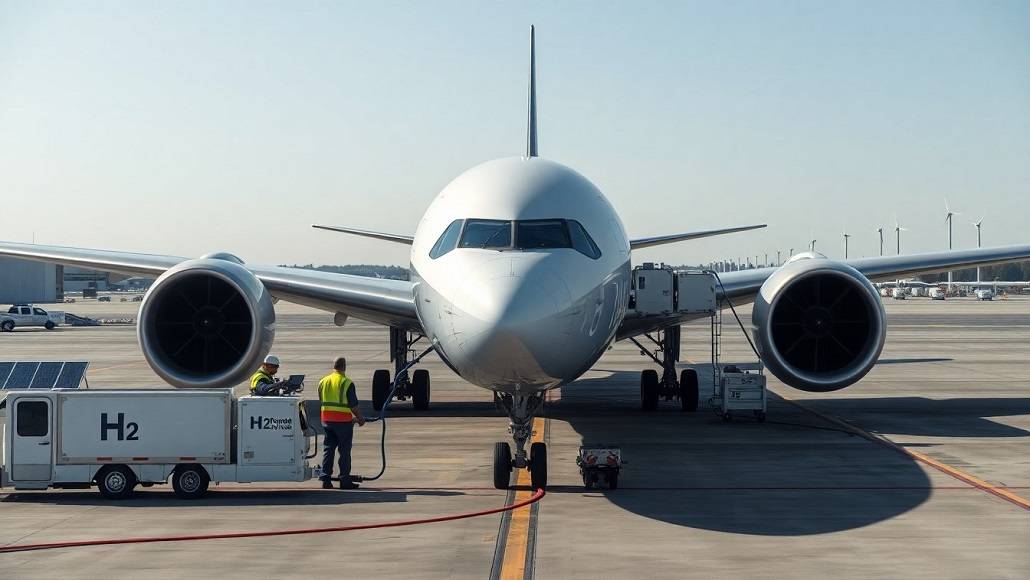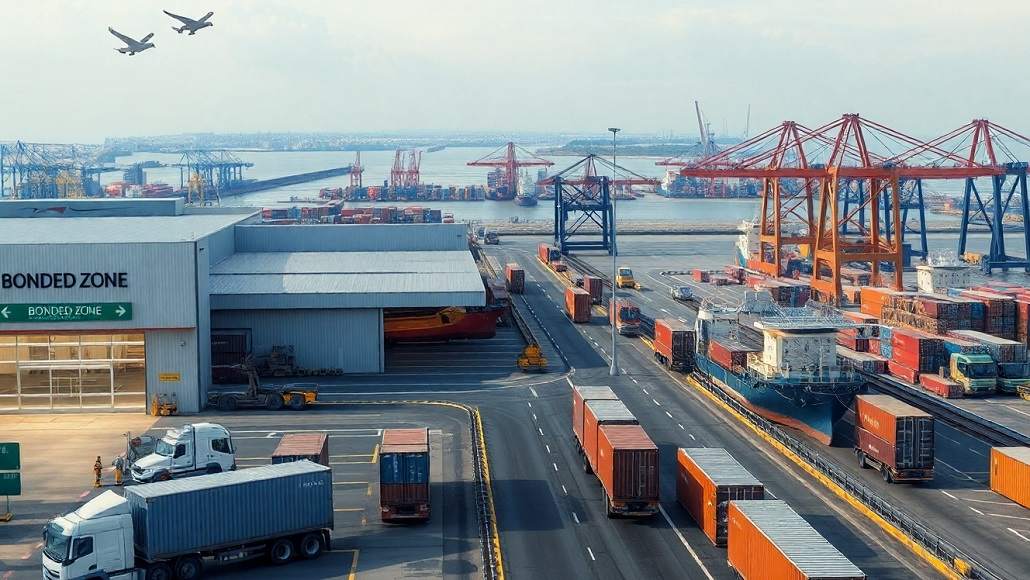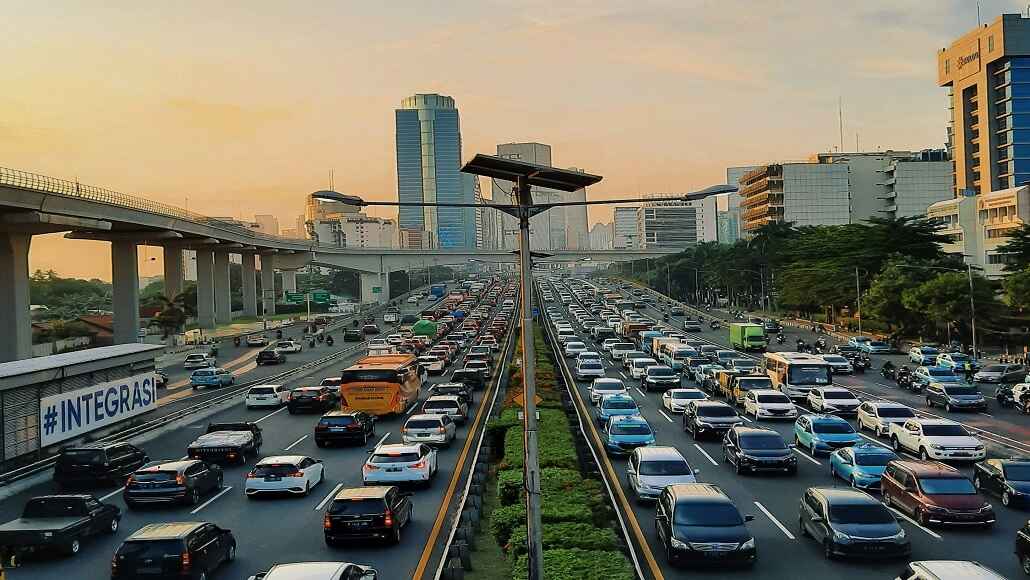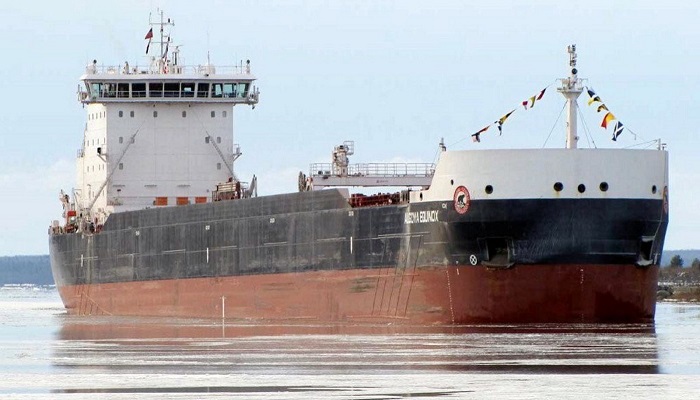The rerouting of the vessels to Europe through the Cape of Good Hope because of the ongoing attacks on containers all throughout the Red Sea can go on to lead to a surge of up to 80% when it comes to the shipping costs.
The Executive Director of the Container Shipping Lines Association, Sunil K. Vaswani, went on to explain that rerouting requires the use of extra capabilities, thereby leading to higher costs. He went on to note that if the situation goes on to be like this, the customers may have to bear the burden of these rising expenses.
The Red Sea, which happens to be a vital maritime route, has gone on to become a major point of focus because of attacks by Houthi rebels. These attacks happen to be disrupting global trade as commercial ships going through the Suez Canal, a crucial sea route that connects Asia and Europe, happen to be targeted.
Talking on the recent attacks, Vaswani went in to state that some ships had been attacked, thereby forcing others to alter their services from Red Sea along with Suez Canal to the Cape of Good Hope. This rerouting has gone on to increase the transit time by almost 10 days, hence leading to extra costs, which have higher insurance expenses.
Apparently, if one happens to be operating a service between India and Europe, the round trip goes on to take almost 56 days for 8 ships if one is taking the shortest route through the Suez. But if vessels are going over the Cape of Good Hope and also adding another 10 days, then there would be a requirement to put in one additional ship, Vaswani noted.
It is well to be noted that the recent attacks across the Arabian Sea have gone on to be of great concern among traders, thereby prompting the Indian Navy to go ahead and deploy guided missile destroyers so as to maintain a deterrent presence throughout the region. The attacks on ships that carry crude oil go on to highlight the kind of fragility of some major maritime routes and also the potential economic aftereffects if the situation goes on to escalate further.







